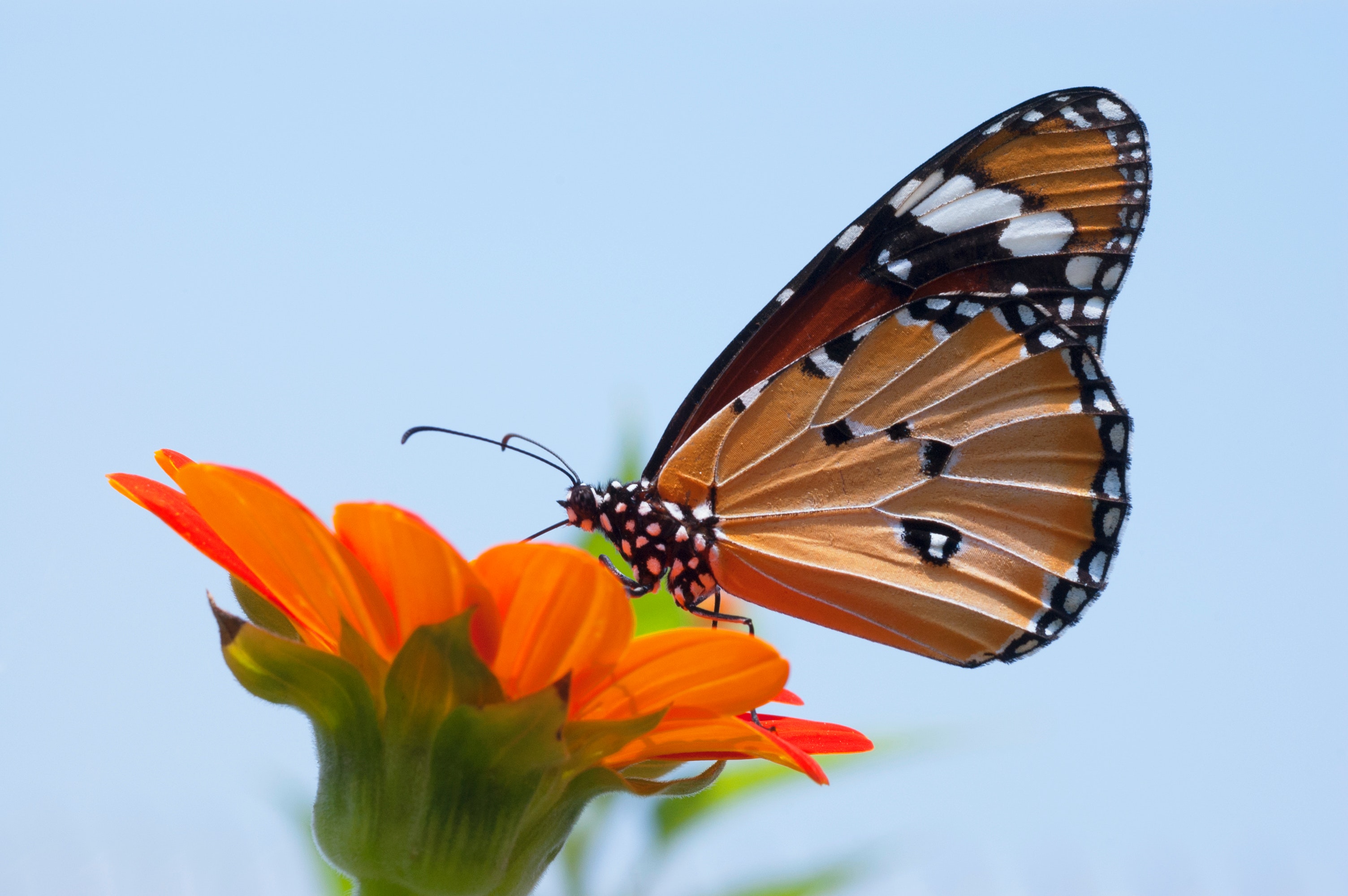
- Este evento já passou.
Ciclo de Seminários do Laboratório de Ensino, Filosofia e História da Biologia (LEFHBio)
12 - abril - 2022 | 08:00 - 7 - junho - 2022 | 17:00
Evento Navegação

O Laboratório de Ensino, Filosofia e História da Biologia (LEFHBio), vinculado ao Instituto de Biologia/Universidade Federal da Bahia e ao Instituto Nacional de Ciência e Tecnologia em Estudos Interdisciplinares e Transdisciplinares em Ecologia e Evolução divulga seu ciclo de seminários, iniciado nesse ano de 2022, com pesquisadores renomados das áreas de Pesquisa em Educação Científica, Filosofia da Biologia, Ecologia, Evolução e outras áreas das Ciências Biológicas, bem como com lideranças de comunidades e movimentos sociais.
Os seminários ocorrerão mensalmente, sempre numa terça-feira às 10:00 AM BRT, usando a plataforma Zoom.
Cada seminário comportará uma audiência máxima de 100 espectadores, por ordem de acesso.
O primeiro seminário do ciclo ocorrerá no dia 12/04/2022, às 10:00 AM, com Prof. Kostas Kampourakis.
O link de acesso é: https://us06web.zoom.us/j/86592640843?pwd=VTZOc2lNQTM5ZWhXTmlaUkNXYU8wQT09
Resumo e biografia do palestrante estão disponíveis ao final desta mensagem.
O quê?
Primeiro seminário do Ciclo de Seminários do Laboratório de Ensino, Filosofia e História da Biologia (LEFHBio)
Título: Students’ “teleological misconceptions” in evolution education: why the underlying design stance, not teleology per se, is the problem
Palestrante: Kostas Kampourakis (University of Geneva, Section of Biology and University Teacher Training Institute, Suiça)
Língua usada na palestra: Inglês
Quando: 12/04/2022, às 10:00 AM
Onde: Evento remoto, Zoom, https://us06web.zoom.us/j/86592640843?pwd=VTZOc2lNQTM5ZWhXTmlaUkNXYU8wQT09
Próximos seminários:
- 24/05/2022, 10:00 AM
Matriz compreensiva da educação científica com uma abordagem intercultural
Adela Molina (Universidad Distrital Francisco José de Caldas, Colômbia)
- 07/06/2022, 10:00 AM
How should we think scientifically about biological objects?
Maël Montévil (École Normale Supérieure, Paris, França)
Ciclo de Seminários do Laboratório de Ensino, Filosofia e História da Biologia (LEFHBio)
- 12/04/2022, 10:00 AM
Students’ “teleological misconceptions” in evolution education: why the underlying design stance, not teleology per se, is the problem
Kostas Kampourakis (University of Geneva, Section of Biology and University Teacher Training Institute, Suiça)
Resumo: Teleology, explaining the existence of a feature on the basis of what it does, is usually considered as an obstacle or misconception in evolution education. Researchers often use the adjective “teleological” to refer to students’ misconceptions about purpose and design in nature. However, this can be misleading. In this essay, I explain that teleology is an inherent feature of explanations based on natural selection and that, therefore, teleological explanations are not inherently wrong. The problem we might rather address in evolution education is not teleology per se but the underlying “design stance”. With this I do not refer to creationism/intelligent design, and to the inference to a creator from the observation of the apparent design in nature (often described as the argument from design). Rather, the design stance refers to the intuitive perception of design in nature in the first place, which seems to be prevalent and independent from religiosity in young ages. What matters in evolution education is not whether an explanation is teleological but rather the underlying consequence etiology: whether a trait whose presence is explained in teleological terms exists because of its selection for its positive consequences for its bearers, or because it was intentionally designed, or simply needed, for this purpose. In the former case, the respective teleological explanation is scientifically legitimate, whereas in the latter case it is not. What then should be investigated in evolution education is not whether students provide teleological explanations, but which consequence etiologies these explanations rely upon. Addressing the design stance underlying students’ teleological explanations could be a main aim of evolution education.
Biografia do palestrante: I am the author and editor of several books about science. I am particularly interested in the public understanding of evolution and genetics, as well as of nature of science. The books I have written have been very well received, and they are considered to be well-written and accessible to a broad audience. I believe that scholars should do society a service by serving as public intellectuals who educate non-experts on topics, and this is a contribution I would very much like to make through my books.
I currently work at the University of Geneva (Section of Biology and IUFE). At the Section of Biology I teach the course « Biologie et Société » to undergraduate students, and at the University Teacher Training Institute (IUFE) I am teaching a science education course to secondary science teachers. For an overview of my publications, see my Google Scholar profile. For some more info about me, listen to this interview.
I am the Editor of the book series Understanding Life, published by Cambridge University Press. I am also co-editor of the Springer book series Contributions from Biology Education Research.
I was the Editor-in-Chief of the Springer journal Science & Education, and the founding editor of the Springer book series Science: Philosophy, History and Education. I have also served as Book Review Editor of the research journal Science & Education (Springer), Adjunct Instructor at the Department of Mathematics and Science Education of Illinois Institute of Technology and coordinator for science education for grades K-6 as well as member of the Department of Educational Research and Development of Geitonas School, in Greece, where I also taught biology and nature of science to secondary school and IB DP students.
